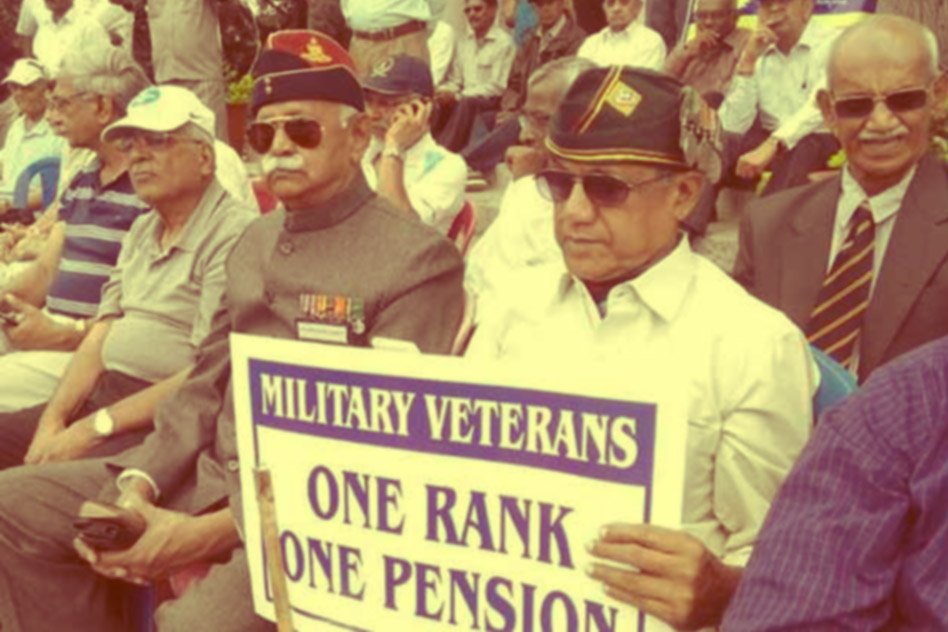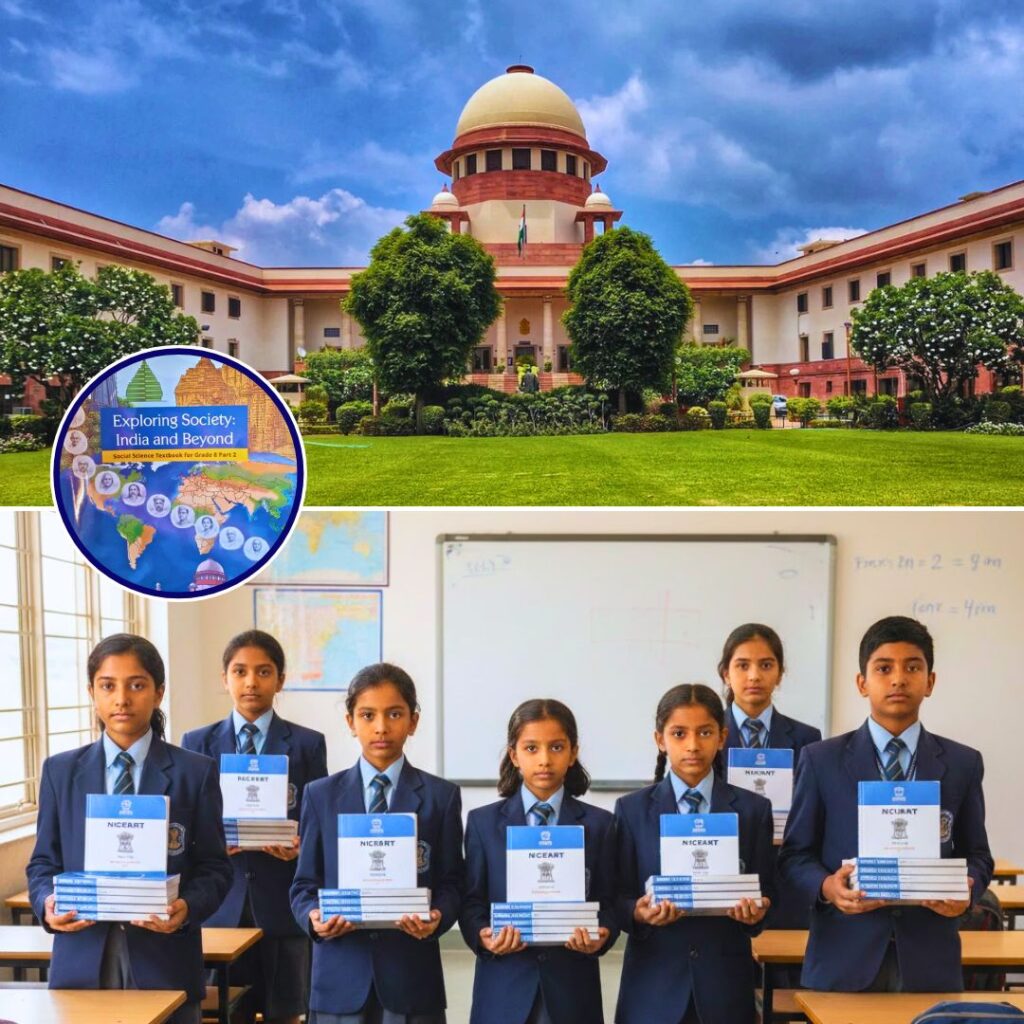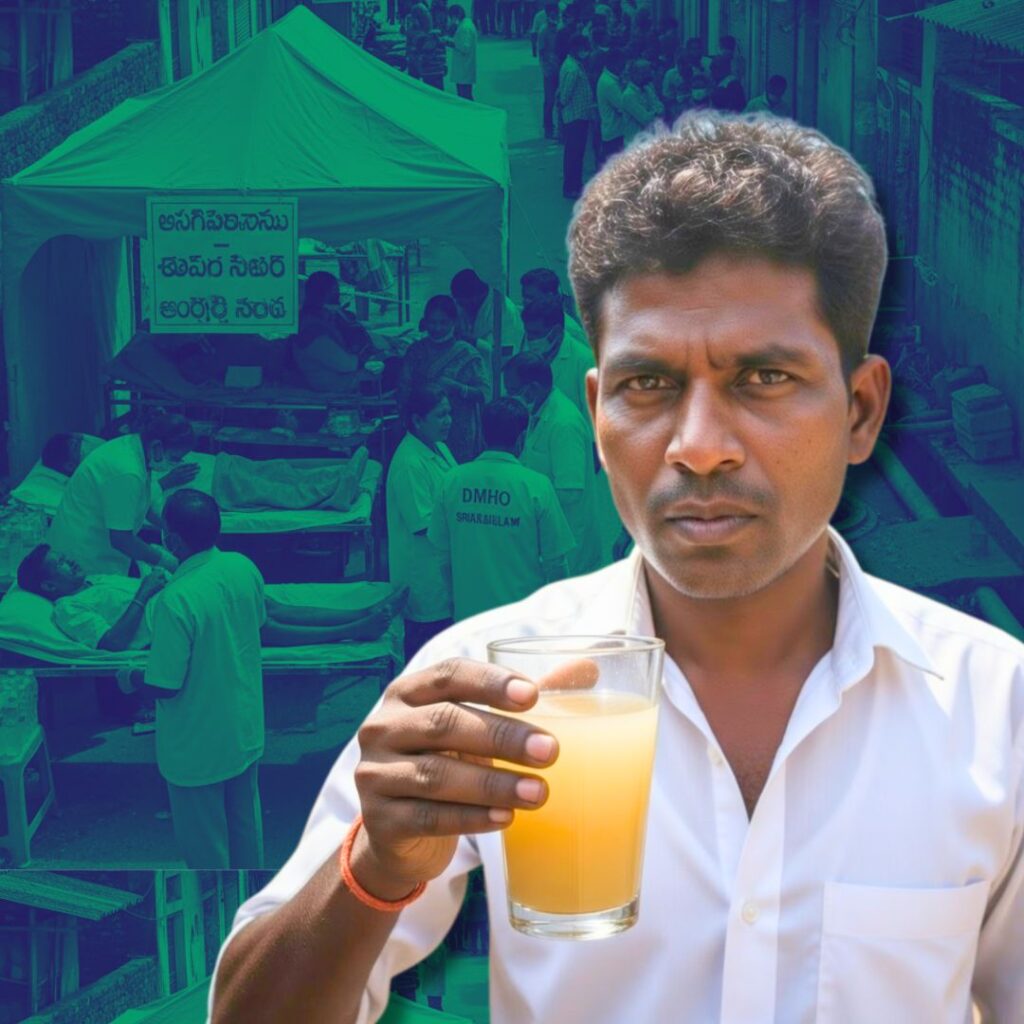Image Source: Indiatvnews
“One Rank, One Pension” (OROP), is a demand by military veterans that has been debated a lot, accepted widely in principle, but is yet to be implemented. Here are a few facts about the scheme.
What is OROP?
“One Rank, One Pension” is the demand for the same pension for the same rank and for the same length of service, irrespective of the date of retirement.
How is pension rate determined currently?
Currently, the pension rate of a retired personnel depends on the Pay Commission recommendations at the time of retirement. So a pensioner, who retired before the Pay Commission of 2006 came into effect, draws less pension than a junior pensioner who retired after 2006, even if both of them served at the same rank for the same duration.
How are the armed forces affected?
Unlike civil servants who retire at the age of 60, most soldiers are compulsorily retired between the age of 35 and 37. Moreover, military personnel can be discharged anytime on the grounds of disability, unlike civil servants. Thus, soldiers are dependent on their pension for a longer duration and are affected the most if pension rates are not revised with each pay commission.
How much will OROP cost the government?
Implementing OROP is likely to cost the exchequer Rs. 7,500 crore to Rs. 10,000 crore. However, the UPA government had allocated only Rs. 500 crore for OROP in its 2014 budget. The current NDA govt. has announced Rs. 1,000 crore for the scheme, which still falls far short.
Has the demand been accepted?
In 2009, the Supreme Court had ordered the government to implement OROP. In 2010-11, a Parliamentary Committee, known as the Koshyari Committee, found that “there is merit in the demand for One Rank One Pension by Armed Forces Personnel” and strongly recommended its implementation for defence personnel at the earliest.
What is the current status of implementation?
Both the Congress and the BJP made repeated public commitments to implement OROP during the election of 2014. Though the current NDA government has “accepted” the scheme, it is yet to implement the same. According to Finance Minister Arun Jaitley, the government is currently working out the technicalities of the principle.











